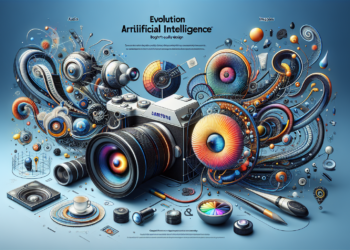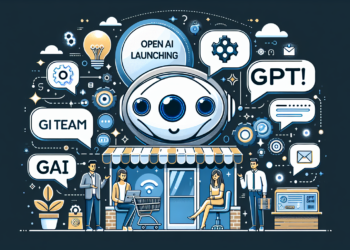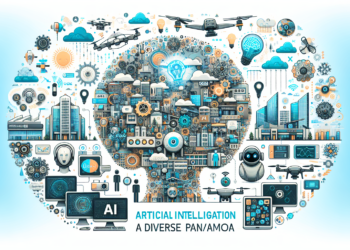Global Context The International Monetary Fund (IMF) report illustrates the profound shift that artificial intelligence (AI) is causing in the global economy, likening it to a new industrial revolution. This transformation has significant consequences for economies and societies, especially within the
realm of labor markets. AI promises to enhance productivity but also poses the risk of replacing humans in some jobs and complementing them in others.
Global Exposure and Regional Differences The IMF report indicates that nearly 40% of global employment is susceptible to AI. In advanced economies, this figure is around 60% due to the prevalence of cognitively oriented jobs. A new measure of potential AI complementarity suggests that, of these, approximately half could be negatively impacted by AI, while the remainder could benefit from improved productivity through AI integration. Total exposure stands at 40% in emerging market economies and 26% in low-income countries. Although many emerging and developing economies may face less immediate disruptions related to AI, they are also less equipped to harness the benefits of AI. This could exacerbate the digital divide and income disparity between nations.
Impact on Income and Wealth Inequality Unlike previous waves of automation, which primarily affected middle-skill workers, the risks of displacement by AI extend to higher-wage earners. However, the potential complementarity of AI is positively correlated with income. Therefore, the effect on labor income inequality largely depends on whether AI displaces or complements high-income workers. Model simulations suggest that, with high complementarity, higher-wage earners can expect a proportionately larger increase in their labor incomes, leading to a rise in labor income and wealth inequality.
Growth and Education Advances in productivity could result in higher growth and increased incomes for most workers. The adoption of AI is expected to boost overall income due to capital deepening and a rise in productivity. If AI strongly complements human labor in certain occupations and the gains in productivity are large enough, greater growth and labor demand could more than sufficiently offset the partial substitution of labor tasks by AI, and incomes could rise across most of the income distribution.
Preparation and Generational Challenges College-educated workers are better prepared to transition from at-risk jobs to high complementarity ones; older workers may be more vulnerable to AI-driven transformation. In the United Kingdom and Brazil, for example, college-educated individuals have historically moved more easily from jobs now assessed as having high potential for displacement to those with high complementarity. Conversely, workers
without postsecondary education display reduced mobility. Younger workers, who are adaptable and familiar with new technology, may also be better positioned to capitalize on new opportunities. On the other hand, older workers may face difficulties with reemployment, adapting to technology, mobility, and training for new job skills.
Priorities According to Country Development Level To fully capitalize on the potential of AI, priorities depend on the country’s level of development. A novel AI readiness index shows that advanced economies and more developed emerging markets should invest in innovation and AI integration, advancing suitable regulatory frameworks to optimize the benefits from the increased use of AI. For less prepared emerging and developing economies, building basic infrastructure and cultivating a workforce with digital skills are paramount. For all economies, social safety nets and training for workers susceptible to AI are crucial to ensure inclusivity.
Conclusion The IMF report emphasizes the need for concerted and well-targeted action to manage the profound changes AI is bringing to the global labor market. Successfully managing this transition will require coordinated efforts by governments, industries, and educators to adapt to a world where AI is an integral part of the economy and society.






















